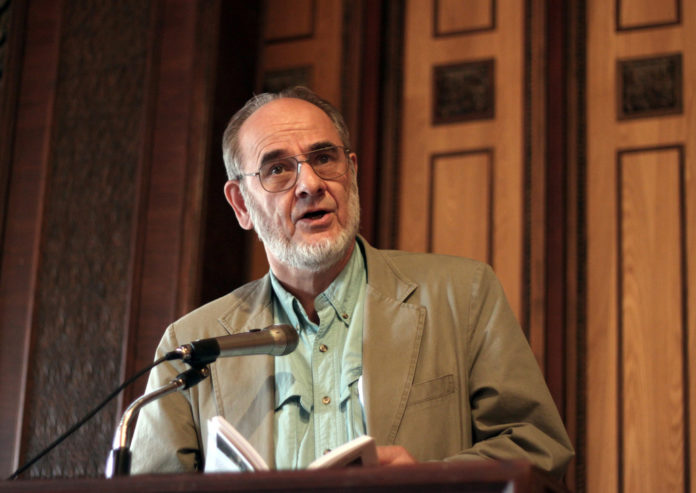By Alan Whitehorn
There are a number of potential stress points in the ceasefire agreement signed by Russia, Azerbaijan and Armenia, but also agreed to by the president of Nagorno-Karabakh. It is a document that was signed under the duress of rapidly deteriorating war conditions for Armenians. Few within Armenia were consulted apart from some senior military leaders. It has not been ratified by the Armenian Parliament. Public disapproval has been extensive.
The twin territories of Nagorno-Karabakh and Nakhichevan historically had been cut off from direct links with Armenia and Azerbaijan respectively. This agreement proposes twin corridors to remedy that situation. For Armenia, the Lachin corridor is a perilous and vulnerable life line for their fellow Armenians in Karabakh. The Russian peacekeeping troops are scheduled to be there for up to five years. Will there be troops or monitors from other countries? What will happen after five years?
The proposed southern link for Nakhichevan along the Iranian border has enormous risk and potential. It will be the first direct link in three decades and will extend Turkey-Azerbaijan connections greatly. It is to be monitored by Russian military. While the southern corridor along the Iranian border is a great military risk for Armenia, it could lubricate the jammed transportation links in the Southern Caucasus, not only for East-West transport, but also North-South. This has appeal for both Russia and Iran. It could be a plus-sum game for the entire South Caucasus region, particularly if the route continues through Georgia and neighbouring territories. It is probable that Chinese investment and goods, tapping the One Belt One Road initiative, are likely to flow into such an international project.
During the Armenia-Azerbaijan war of the 1990s, Turkey closed the border with Armenia, ostensibly in solidarity with Baku over the Armenian control of Karabakh and the seven surrounding Azerbaijani territories. Now that Armenian forces no longer occupy these territories, will the border be opened as a complement to the E-W corridor to Nakhichevan?
War is often seen as a zero-sum game. In such an assumption, who are the winners and who are the losers? In general, autocratic governments in the region did well. Azerbaijan achieved the most gains, Turkey made significant advances in influence and prestige, and Russia extended its military presence. One democratic government did very badly. Armenia suffered a severe military defeat, verging on an enormous catastrophe. The democratic hopes and progress of the Armenian Velvet Revolution are in great jeopardy. There have been extensive cabinet resignations, firings and senior Ministry of Defence leadership changes. Prime Minister Nikol Pashinyan is hanging on to power, but is confronted by street protests and a large array of opposition parties denouncing him and calling for his resignation. Is a crisis coalition government urgently needed? Who could provide the critical consensual leadership of such a diverse political grouping? The current president Armen Sarkissian has the stature and voice of moderation that he could be a possibility. The alternative of some might be a hyper-nationalist, militarist response.








